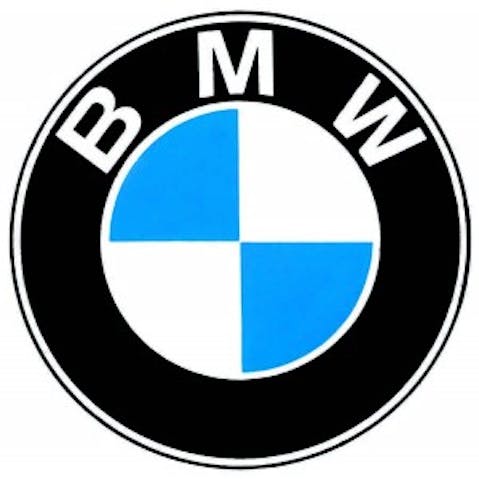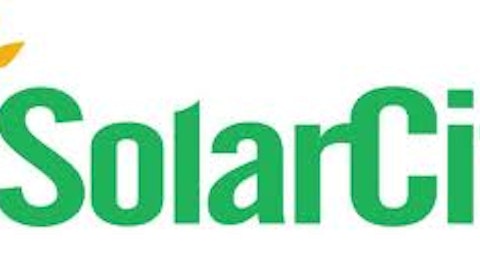Next week, BAYERISCHE MOTERENWE (BAMXF) is rolling out its new, all-electric i3. This move marks BMW’s first launch into the niche market of all-electric cars, but BMW’s not going in halfway. In fact, BMW is doubling down on its venture into EVs and teaming up with U.K.-based EV charging station provider Chargemaster, in a venture to build fast charge ChargeNow stations for BAYERISCHE MOTERENWE (OTCMKTS:BAMXF)’s new i-Series. Here’s what you need to know.

BMW i3 Concept Coupe, November 2012. Photo: BMW USA.
BMW’s new EV
We won’t know for certain what the i3 looks like until next week, but that hasn’t dampened the considerable buzz surrounding the new EV. Built using renewable materials when possible, the i3 has a full carbon-fiber structure that lends to the i3’s overall weight of 2,634 pounds — lighter than General Motors Company (NYSE:GM)‘ Chevy Volt, Nissan Motors‘ Leaf, and Toyota Motor‘s Prius plug-in hybrid.

Still not enough range? With the purchase of the optional range extender — a 650cc two-cylinder gasoline engine that acts as a generator and doesn’t provide propulsion — the range on the i3 is almost doubled. And the best part? The i3 has a base MSRP of $41,350, making this car a serious threat to Chevy’s Volt.
More charging stations, please
Even with these impressive specs, the i3, as an EV, faces what all EVs face: range anxiety. No one wants to be stranded in the middle of nowhere, and with charging stations few and far between, that’s a real possibility. Luckily, BAYERISCHE MOTERENWE (OTCMKTS:BAMXF) is aware of this problem, and to help offset it, it’s buying an estimated 2% equity stake in Chargemaster. The exact details of the deal haven’t yet been released, but what is known is that the deal involves having both companies team up for a five-year period, to build fast-charge ChargeNow stations across the U.K., for BMW’s i-Series.
Taking into account that the U.K. is BMW’s fourth largest sales market in the world, an expanded infrastructure is fantastic news for consumers considering the i3 but worried about range. Also good news? BMW claims the i3 can recharge in as little as 30 minutes when connected to a 50kW fast-charge station.
What about charging stations in the U.S?
Right now, BMW’s quick-charge stations are only for the U.K., but that doesn’t mean it can’t use the same approach in the United States. The U.S. is BMW’s largest market by sales — although China is expected to surpass the U.S. later in 2013 — and building a quick-charge infrastructure in the U.S. would probably have a positive impact on BMW’s EV sales. Furthermore, the i3 isn’t BMW’s only car to launch into the EV market. The i8 extended-range plug-in hybrid is expected later in 2014, and it’s an impressive vehicle, to say the least. Clearly, these moves signal that BMW is throwing its considerable weight into what is still a niche market. How it’ll pan out has yet to be seen, but considering BMW’s reputation, this is something to watch — both for how i affects BAYERISCHE MOTERENWE (OTCMKTS:BAMXF)’s bottom line, and for how it affects other EV manufactures’ sales.
The article Is BMW Building Its Own EV Charging Stations? originally appeared on Fool.com and is written by Katie Spence.
Fool contributor Katie Spence has no position in any stocks mentioned. Follow her on Twitter: @TMFKSpence. The Motley Fool recommends General Motors (NYSE:GM).
Copyright © 1995 – 2013 The Motley Fool, LLC. All rights reserved. The Motley Fool has a disclosure policy.





